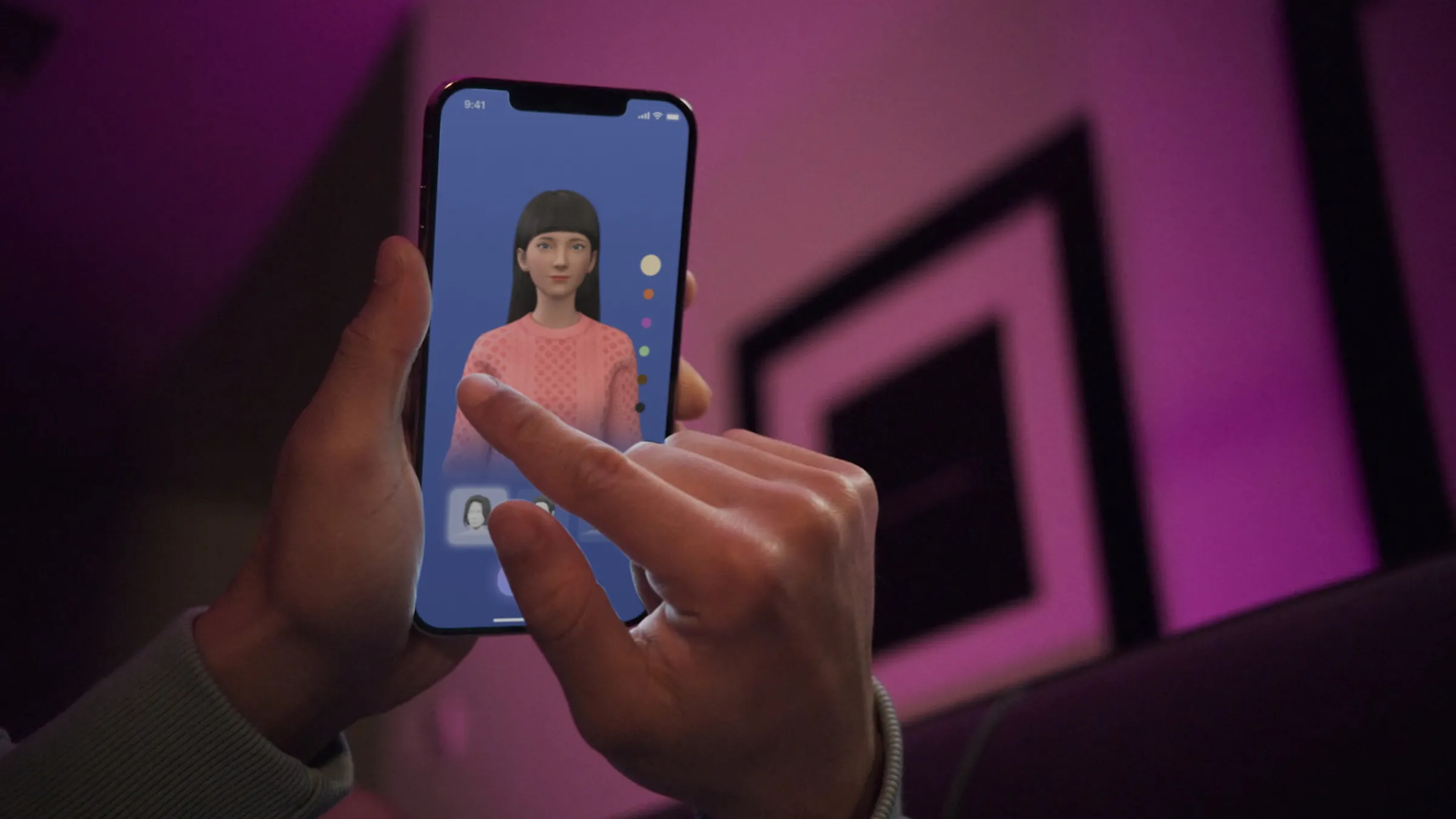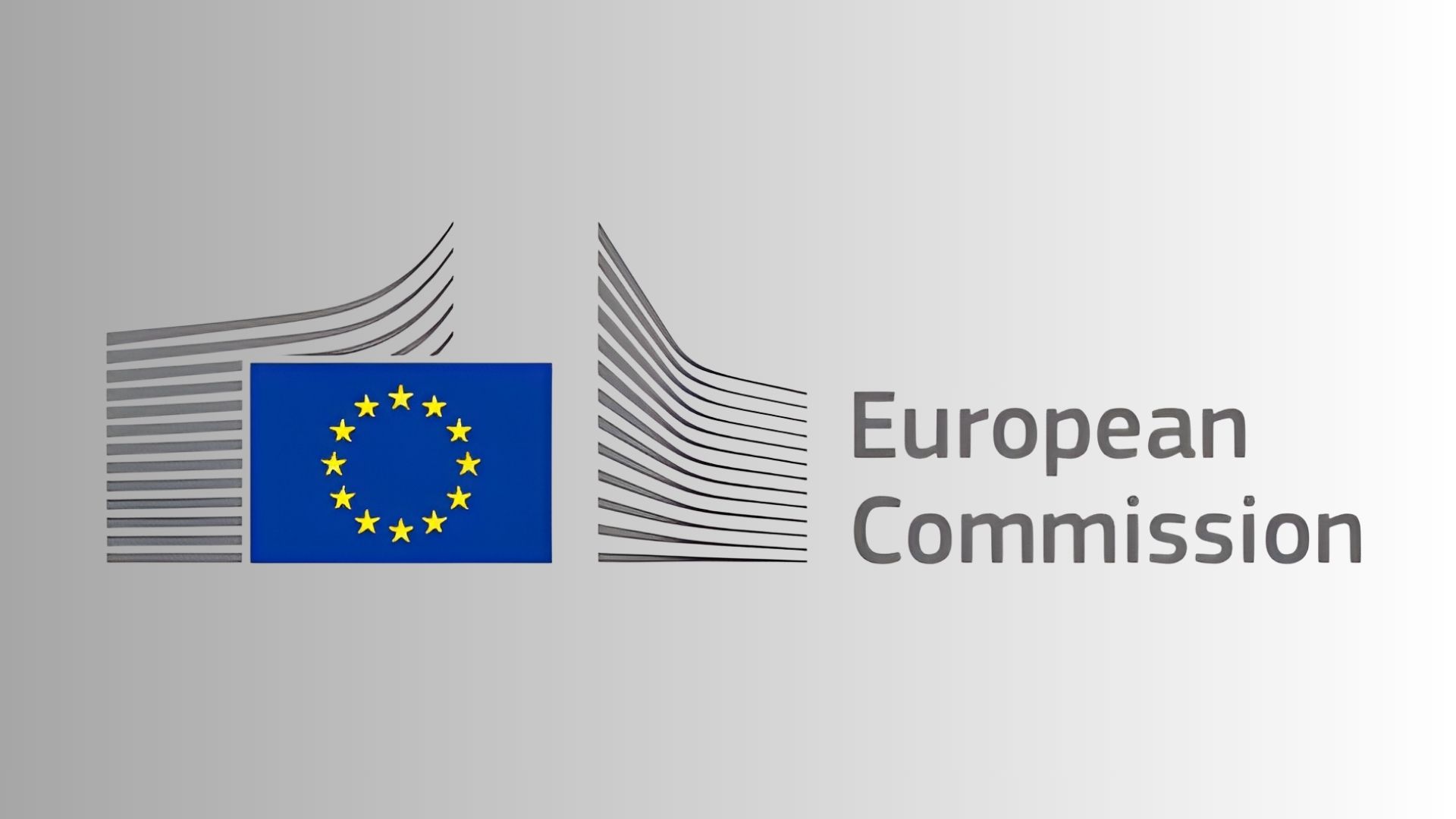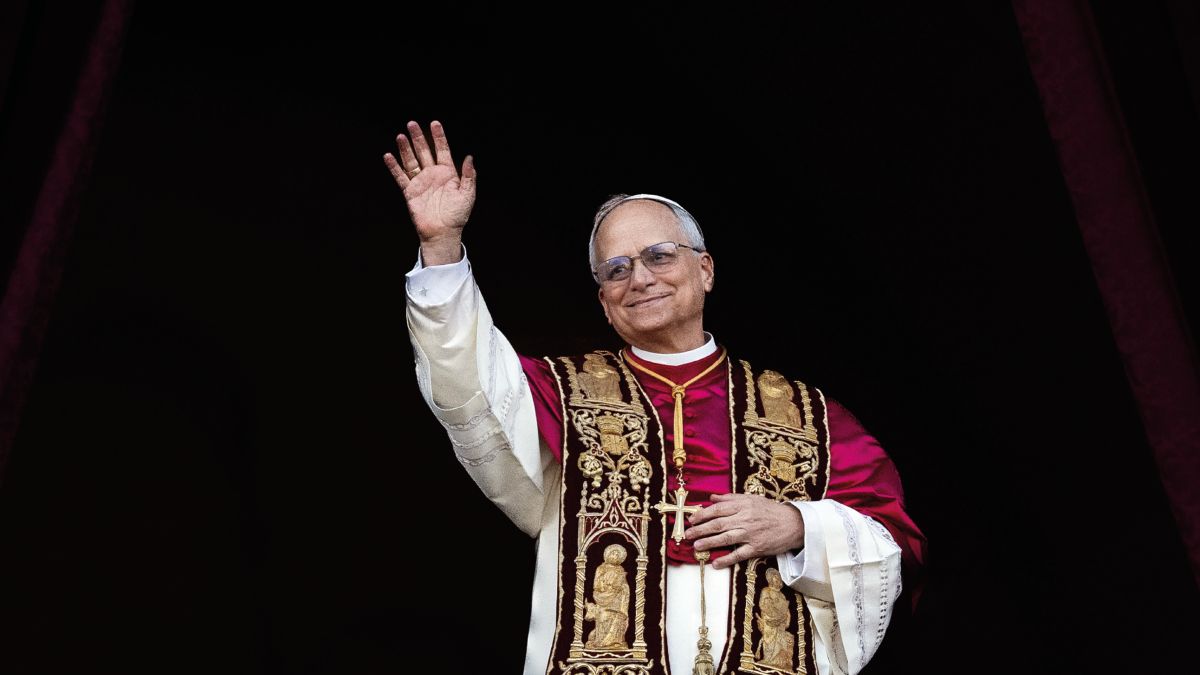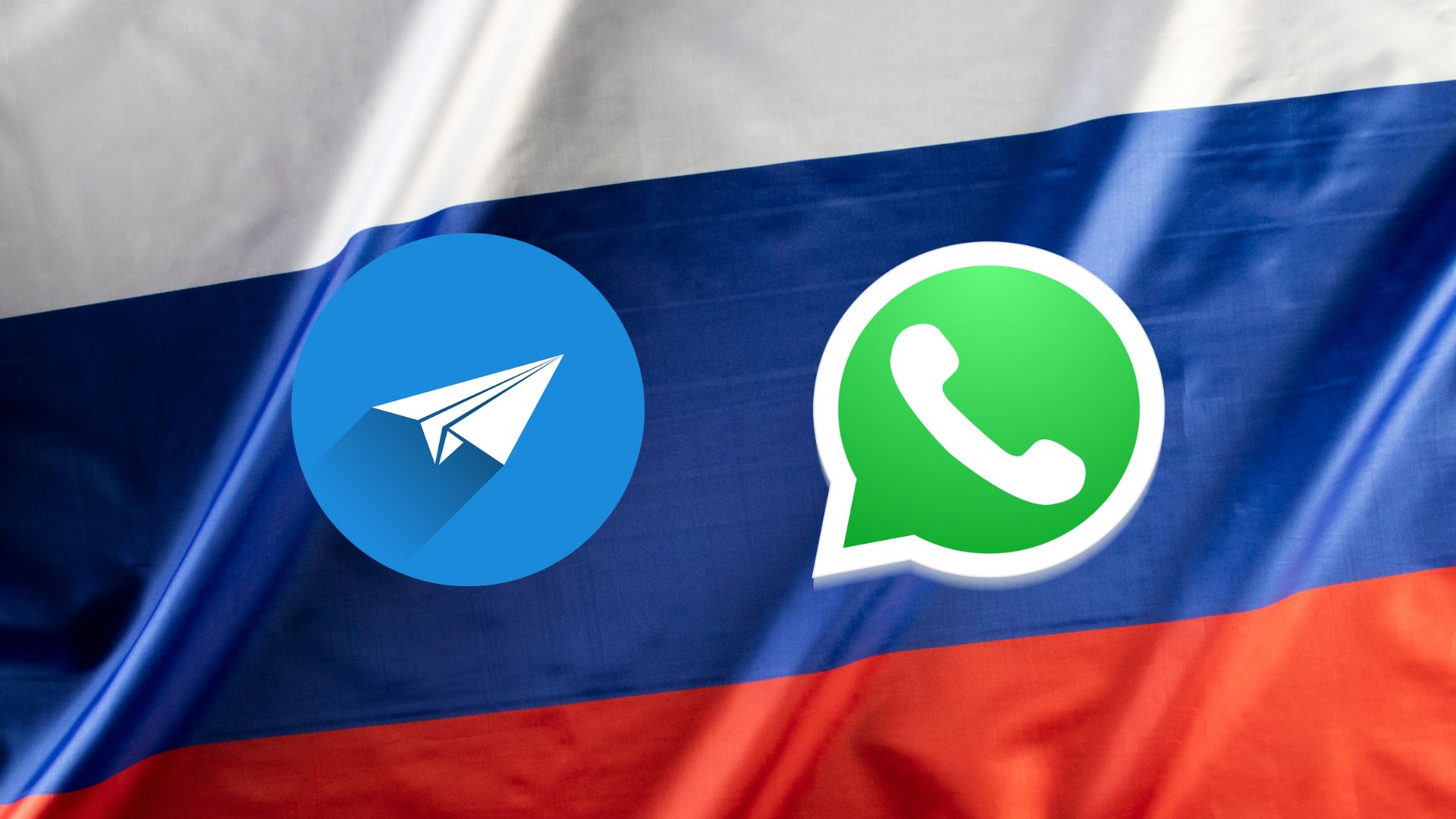As Australia prepares to enforce the world’s first nationwide under-16 social-media ban on 10 December 2025, young people across the globe are voicing sharply different views about the move.
Some teens view it as an opportunity for a digital ‘detox’, a chance to step back from the constant social media pressure. Others argue the law is extreme, unfair, and likely to push youth toward less regulated corners of the internet.
In Mumbai, 19-year-old Pratigya Jena said the debate isn’t simple: ‘nothing is either black or white.’ She acknowledged that social media can help young entrepreneurs, but also warned that unrestricted access exposes children to inappropriate content.
Meanwhile, in Berlin, 13-year-old Luna Drewes expressed cautious optimism; she felt the ban might help reduce the pressure to conform to beauty standards that are often amplified online. Another teen, 15-year-old Enno Caro Brandes, said he understood the motivation but admitted he couldn’t imagine giving up social media altogether.
In Doha, older teens voiced more vigorous opposition. Sixteen-year-old Firdha Razak called the ban ‘really stupid,’ while sixteen-year-old Youssef Walid argued that it would be trivial to bypass using VPNs. Both said they feared losing vital social and communication outlets.
Some, like 15-year-old Mitchelle Okinedo from Lagos, suggested the ban ignored how deeply embedded social media is in modern life: ‘We were born with it,’ she said, hinting that simply cutting access may be unrealistic. Others noted the role of social media in self-expression, especially in areas where offline spaces are limited.
Even within Australia, opinions diverge. A 15-year-old named Layton Lewis said he doubted the ban would have significant effects. His mother, Emily, meanwhile, welcomed the change, hoping it might encourage more authentic offline friendships rather than ‘illusory’ online interactions.
The variety of reactions underscores how the law is approaching a stark test: while some see potential mental health or safety gains, many worry about the rights of teens, enforcement effectiveness, and whether simply banning access truly addresses the underlying risks.
Would you like to learn more about AI, tech and digital diplomacy? If so, ask our Diplo chatbot!










